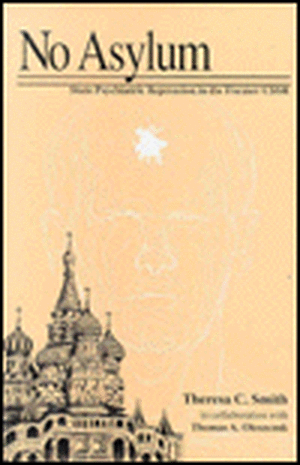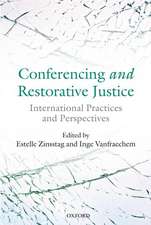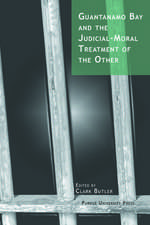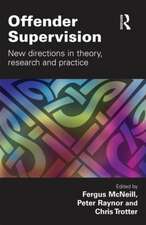No Asylum: State Psychiatric Repression in the Former USSR
Autor Theresa C. Smith, Thomas A. Oleszczuk, Michel-Rolph Trouilloten Limba Engleză Hardback – 30 noi 1996
Boris Vinokurov, of Gostelradio in the former Soviet Union, was found insane, along with his wife and daughter, after he called prematurely for a bipartisan economy and communication system. The Ukranian mathematician Leonid Ivanovich Plyushch was arrested and diagnosed as schizophrenic with messianic and reformist delusions, after helping found the Action Group for the Defense of Human Rights. He spent nearly four years in psychiatric detention, where he survived massive doses of drugs, and lived to emigrate in 1978.
There is little doubt that the Soviet state frequently hospitalized healthy individuals, either involuntarily or voluntarily admitted by relatives and others, for political activity or religious observance. All too frequently, political activists would come down with acute cases of asymptomatic psychiatric conditions that were purported to require detainment and heavy medication. Forced hospitalizations took place on a scale corresponding to the activity level of the dissident movement. In No Asylum: State Psychiatric Repression in the former USSR, Theresa C. Smith and Thomas A. Oleszczuk offer the first detailed quantitative study of psychiatric abuses in the USSR, based on more than 700 well-substantiated individual cases.
Preț: 525.71 lei
Preț vechi: 682.74 lei
-23% Nou
100.60€ • 105.29$ • 83.73£
Carte tipărită la comandă
Livrare economică 31 martie-14 aprilie
Specificații
ISBN-10: 081478061X
Pagini: 320
Dimensiuni: 144 x 222 x 29 mm
Greutate: 0.49 kg
Ediția:New.
Editura: NEW YORK UNIVERSITY PRESS
















